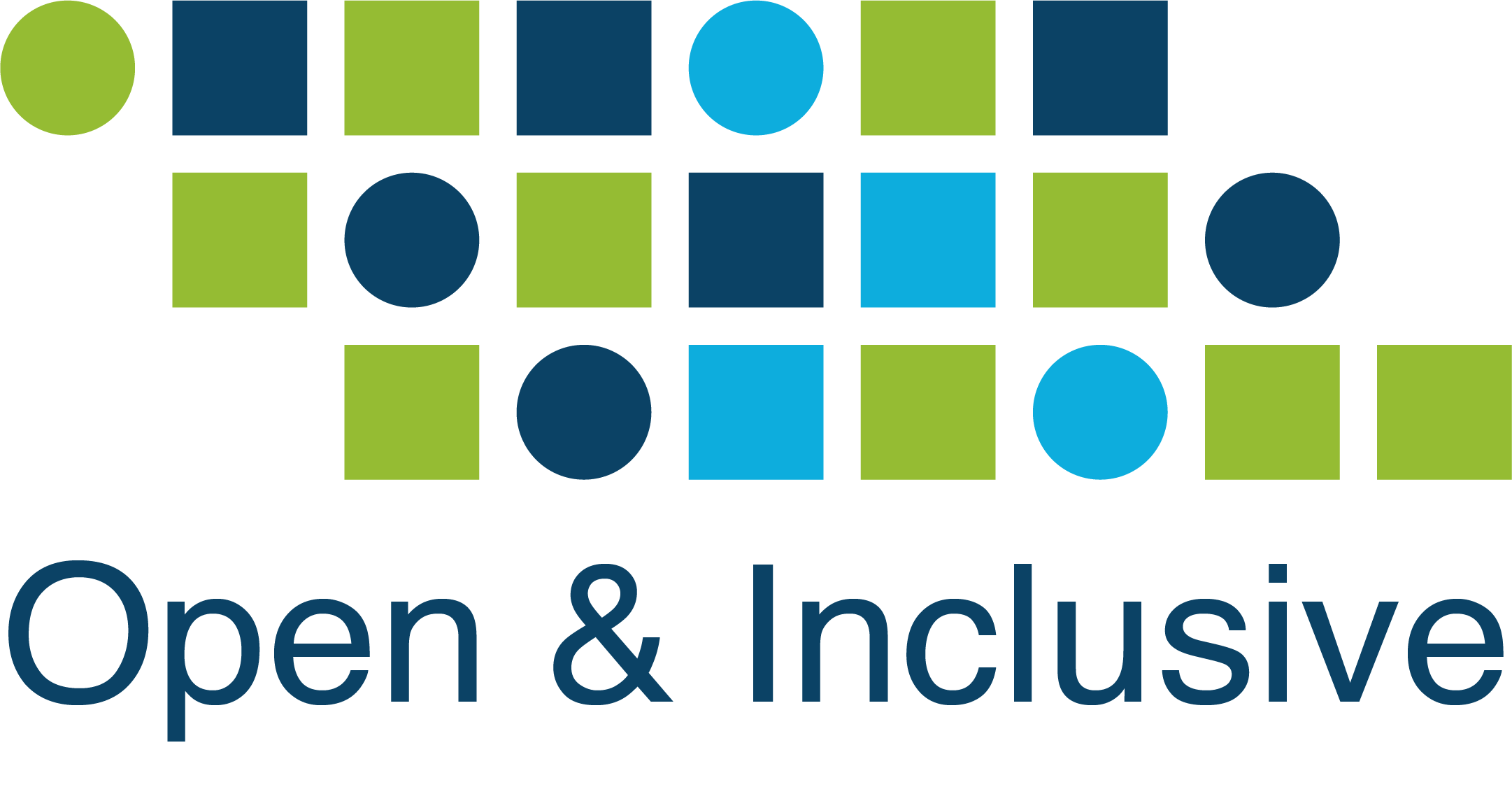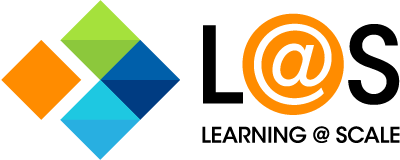The second Connected Higher Education in Crisis contexts series, will be taking place online on Wednesday 6th April 2022, from 14:00 to 15:00 British Summer Time. These events are held by the Open University UK in collaboration with the Connected Learning in Crisis Consortium and UNHCR, the UN Refugee Agency.
Presentations and Panel Discussion: Supporting Educators of refugees
Presentation 1: Teaching and learning with EdTech for refugee young people
Joel Mitchell (EdTech Hub, Jigsaw Consult), Rozina Zazai (Jigsaw), Katrina Barnes (Jigsaw), Amy Ashlee (REUK), Giulia Clericetti (REUK)
In the early stages of the Covid-19 pandemic, the EdTech Hub commissioned a rapid evidence review (RER) on educational technology in refugee contexts in low- and middle-income contexts. The RER aimed to synthesise key learnings from the available literature to support and inform educational responses during COVID-19. The authors, alongside one of Jigsaw’s Research Assistants based in Pakistan, will present key findings from and evidence gaps identified by this RER. They will focus on one of the RER’s key themes: supporting educators of refugees. They will then present findings from recent research on teaching and learning for refugee girls and young women in Pakistan during COVID-19. This recent research builds on evidence gaps identified by the RER and sheds light on teachers’ and educators’ interactions with EdTech during Covid-19-related school closures in refugee contexts. Continue reading
 Thank you to all who joined the Open and Inclusive Special Interest Group this December. We closed off the year with two wonderful speakers: Julie Eshleman and Beatriz Gonzalez. The talk focused on Assistive Technology and Designing for the Extremes on Wednesday December 1st.
Thank you to all who joined the Open and Inclusive Special Interest Group this December. We closed off the year with two wonderful speakers: Julie Eshleman and Beatriz Gonzalez. The talk focused on Assistive Technology and Designing for the Extremes on Wednesday December 1st.